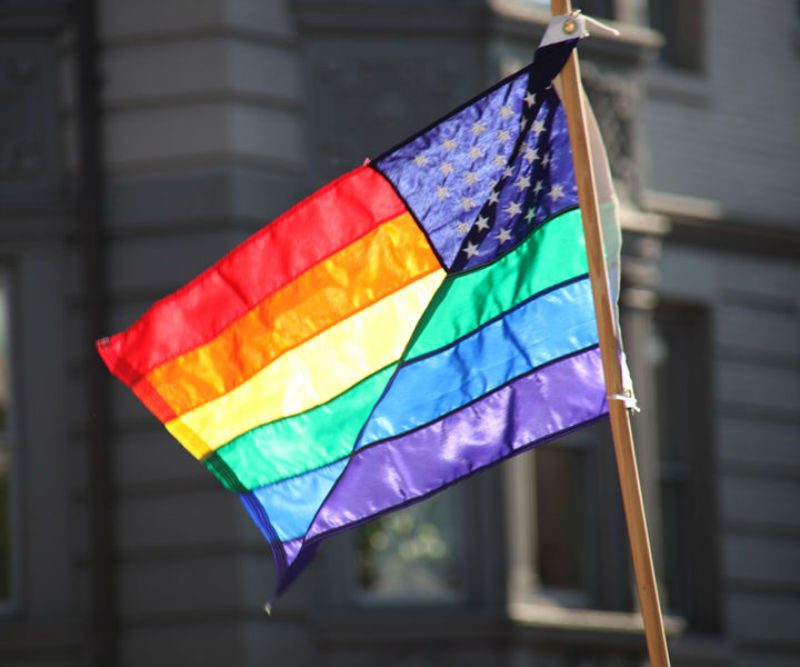The new discriminatory law of North Carolina has been called a “national embarrassment.”
On Sunday, local and national LGBT rights activists in the US stated they would sue North Carolina to stop the enforcement of House Bill 2, or the Public Facilities Privacy & Security Act.
HB 2 was written to override local ordinances that protect people from discrimination where wages, employment, and public accommodations are concerned. The bill also restricts people to using public restrooms and locker rooms that correspond with biological sex.
Lambda Legal, Equality North Carolina, and The American Civil Liberties Union were joined on Monday by three plaintiffs to officially announce the lawsuit.
The lawsuit reads, “Lawmakers made no attempt to cloak their actions in a veneer of neutrality, instead openly and virulently attacking transgender people, who were falsely portrayed as predatory and dangerous to others.”
The lawsuit also highlights that forcing a transgender individual to use a restroom that doesn’t match their gender identity “would also cause substantial harm [to their] mental health and wellbeing.” Referring to one plaintiff, Payton Grey McGarry, the lawsuit continues, “It would also force him to disclose to others the fact that he is transgender, which itself could lead to violence and harassment.”
Already, the state is seeing intense backlash from outside, as well. Numerous celebrities have said they will not work in the state until the law is repealed, and large businesses have expressed their objection to the law but have yet to discontinue work in the state. The Mayors of New York City, Seattle, and San Francisco have also announced that publicly funded travel to North Carolina will be temporarily suspended.
The lawsuit aims to keep the new law from being enforced and argues that the lawmakers in North Carolina are “explicitly writing discrimination against transgender people into state law.”
Even North Carolina’s Attorney General, Roy Cooper, has publicly announced he will not defend the law.
At a press conference, he said, “Over the last 15 years, our office has defended state officials and agencies when they have been sued. We will continue to do this, but we will not defend the constitutionality of this bill.” He also labeled the law as a “national embarrassment.”
